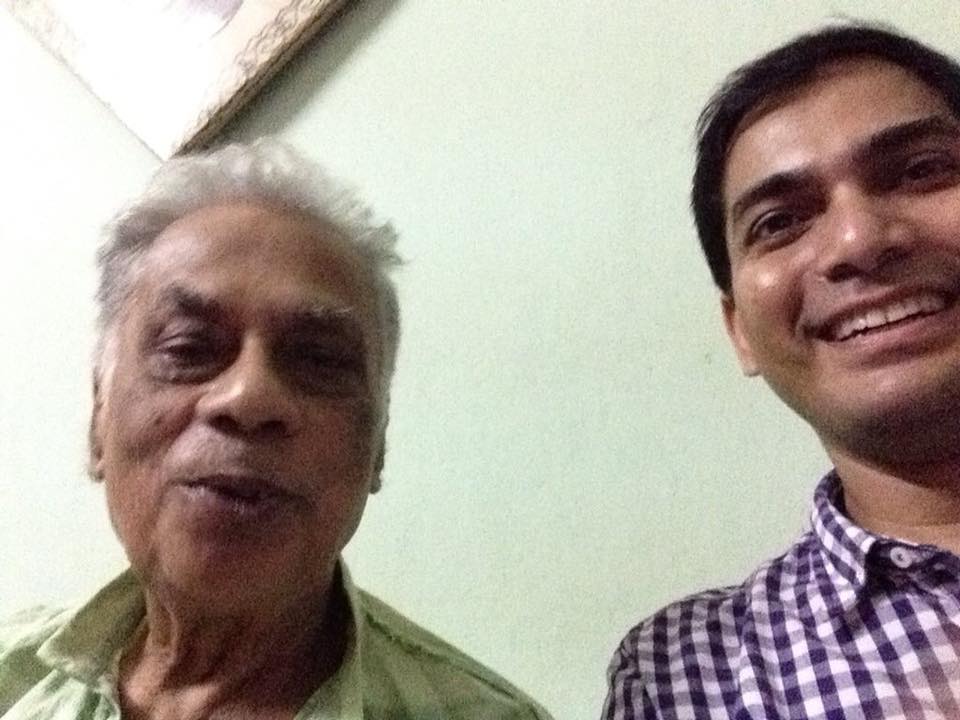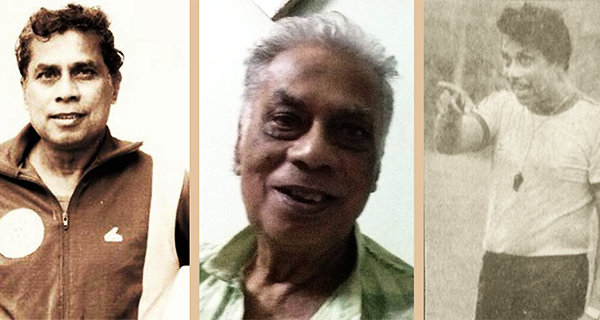Today, he would have been 90. Seven summers ago, I had met him for the last time in Kolkata to compile a chapter for my book — Beyond The Goal.
KOLKATA: Above somewhere, former India coach Amal Dutta must be drawing some sketches on team formation.
Seven summers ago, I had met him for the last time at his Baguihati residence to compile one chapter for my book — Beyond The Goal.
He never shied away from experimentation and never told his players to indulge in tedious drawn games.
“For me, a football team is like a society. Everyone must contribute to its development. The Diamond System was aimed at utilising each and every player when they attacked,” Amalda explained his philosophy during that three-hour conversation.
He was the Euclid of Indian football, but also possessed a vast knowledge on literature, physiology and music.

Amalda understood the sport’s drawback in the country, but the clubs and federation weren’t interested to listen to him. Maybe, they couldn’t fathom his ideas and formations, which were way ahead of his time.
In his own words, ‘the beautiful game must look attractive and beautiful’.
His Diamond System with Mohun Bagan in 1997 immediately hailed him as a genuine thinker of formations and football ideologies.

“I derived the idea from Total Football. If everybody contributes with some earnings in a family, it’ll not only grow, but strengthened.
You just can’t depend on a single person’s earnings to run a family,” he had explained.
Amal Dutta
A caring coach, who instilled confidence in his players, he groomed young players from the scratch just the way Achyut Banerjee, Bagha Shome or Sir Dukhiram did before him.
I still remember when he patted and tamed the highly temperamental Chima Okorie after the Nigerian broke into tears following Mohun Bagan’s 1-3 defeat against FC Kochin in the 1997 Durand Cup final at Delhi’s Ambedkar Stadium.

After his era was over, most Kolkata teams discarded few good home grown tacticians and opted for foreigners.
This season, the clubs may have reposed faith in the Indian coaches, but probably they’ve already damaged the sport and also careers of some promising footballers.
Amalda wasn’t used properly in the Indian football setup. After the 1986 Nehru Cup, he was never recalled to guide the national team. The AIFF, which always depended on borrowed ideas, dumped him and never gave him any coaching assignments.
Though he was the perfect guru, who could’ve guided India’s grass-root programmes but the federation ignored him due to his straight-forward and blunt remarks.
The then bosses at the Indian federation didn’t let him excel at the national level, but he cared less of their approval because his innovations always sparkled like a diamond.










